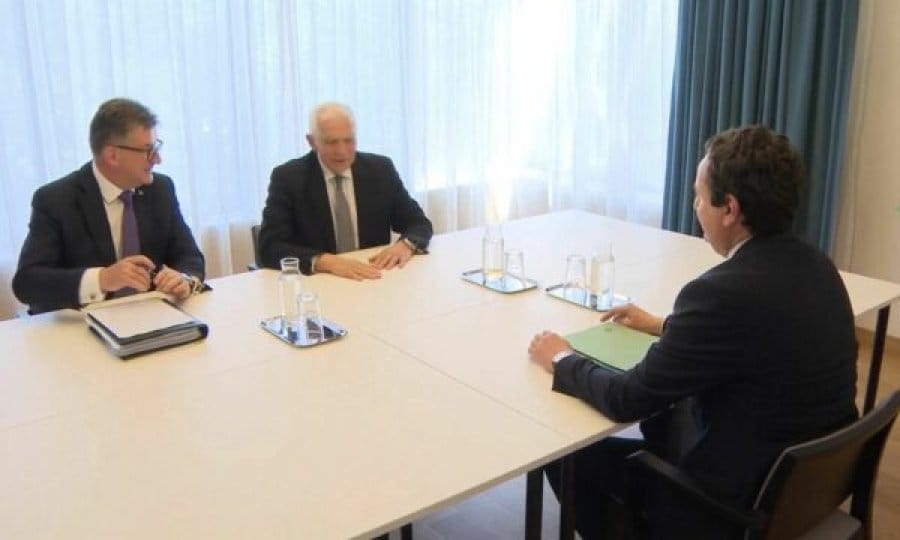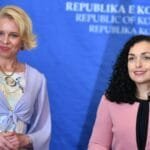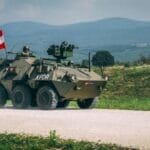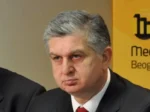In a determined effort to break through the impasse in implementing crucial normalization agreements, Miroslav Lajčak, the European Union’s representative for the Kosovo-Serbia dialogue, has highlighted ongoing challenges but remains committed to progress.
Following separate meetings with Kosovo’s Prime Minister Kurti and Serbia’s President Vučić in Brussels last week, Lajčak expressed disappointment over the lack of tangible advancements in the Agreement on the Path to Normalization. Describing the discussions as more demanding than ever, he acknowledged the daunting task ahead.
Nevertheless, Lajčak affirmed that significant efforts are underway. Tomorrow, he will convene with key negotiators Bislimi and Petković to strategize on unlocking the agreement’s implementation hurdles.
Reflecting on recent diplomatic efforts, Lajčak underscored the persistence required in navigating the complexities of the dialogue. “Last week, Borrell and I welcomed President Vučić and Prime Minister Kurti for another pivotal round of the Belgrade-Pristina Dialogue in Brussels,” he stated.
Beyond the dialogue’s immediate challenges, Lajčak’s engagement extended to broader regional discussions. His participation at the annual Dubrovnik Forum underscored the EU’s strategic focus on global challenges, upcoming elections, and the future trajectory of the Western Balkans within the European Union.
As the political landscape evolves and summer approaches, the Dubrovnik Forum served as a critical platform for shaping regional policy and reaffirming commitments to stability and progress in the Western Balkans.
Lajčak’s steadfast commitment and the upcoming negotiations with Bislimi and Petković signal a renewed push towards realizing the agreements’ full potential, despite the formidable obstacles encountered. The EU remains resolute in its efforts to foster stability and integration in the Western Balkans, underscoring its pivotal role in regional diplomacy and beyond.







